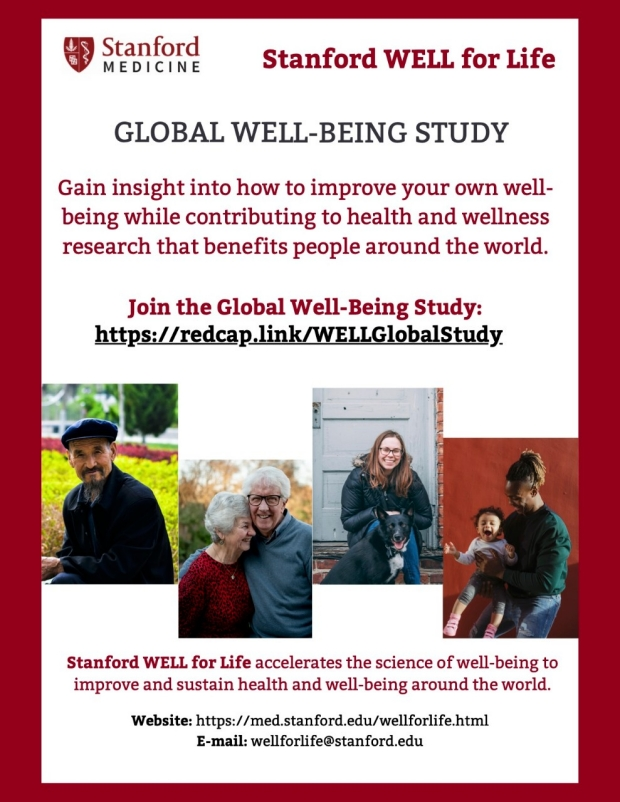The global well-being study recently launched is a groundbreaking investigation designed to assess the factors contributing to human flourishing across various cultures and economies. This extensive research, encompassing insights from over 200,000 participants spanning six continents, aims to shed light on youth well-being, revealing how financial circumstances do not necessarily equate to happiness. Tyler VanderWeele, a leading figure in the study, emphasizes the pressing need to reevaluate how we invest in our young people, given the troubling trends observed in several countries. Results from this global study of wealth and happiness challenge conventional narratives surrounding economic development, suggesting that real flourishing transcends mere financial metrics. With findings indicating that lower-income nations can outperform wealthier ones in terms of well-being, this research invites a deeper examination of what it truly means to lead a fulfilling life.
Initiating a comprehensive assessment of well-being on a global scale, this new study explores the intricate dynamics of health, relationships, and purpose that contribute to flourishing among young individuals. By analyzing data from a diverse array of nations, researchers aim to understand how aspects like economic status influence personal happiness and existential meaning. Addressing the complex interplay between wealth, happiness, and societal development, the research highlights significant regional disparities in how flourishing is perceived and experienced. The overarching goal is to uncover vital insights into how investments in youth can promote greater overall well-being and human rights in various cultures. Ultimately, this nuanced exploration of human thriving serves as a call to action for policymakers and communities alike to foster environments where individuals can prosper.
The Impact of Economic Development on Youth Well-Being
Economic development has often been seen as the key to enhancing countries’ quality of life, particularly for youth. However, the recent findings from the global well-being study suggest that financial prosperity does not automatically correlate with youth flourishing. In fact, countries with lower economic rankings, like Indonesia and Mexico, scored higher in measures of relationships and social connections compared to wealthier nations. This indicates that while financial security can provide comfort, it does not necessarily lead to happiness and fulfillment for younger generations.
The implications of this global study challenge us to rethink our priorities when it comes to investing in youth well-being. The study’s rankings showed that nations often lauded for their economic success, such as Japan, lagged behind in promoting meaningful relationships among their youth. This disconnect points to the necessity for a broader focus that encompasses not just economic indicators but also the quality of social interactions and support systems that nurture the growth and happiness of young people.
Frequently Asked Questions
What are the key findings of the global well-being study on youth well-being?
The global well-being study highlighted troubling trends in youth well-being, revealing that many young individuals, especially in the U.S., are struggling compared to older adults. The findings suggest a shift in the traditional U-shaped curve of flourishing to a flat or declining state for youth in their late teens and 20s, prompting concerns about whether society is investing enough in youth well-being.
How does the global study relate wealth and happiness to human flourishing?
The global study on human flourishing indicates that wealth does not directly equate to happiness. It ranked countries based on indicators of flourishing rather than solely economic wealth, showing that nations like Indonesia and Mexico, not typically seen as the wealthiest, outperformed richer countries like Japan in terms of human flourishing measures.
What was the methodology used in the global well-being study?
The global well-being study involved surveying around 203,000 participants across 22 countries and territories, focusing on variables such as health, happiness, character, relationships, and financial security. This comprehensive approach allowed researchers to yield insights into youth well-being and its relationship with various socio-economic factors.
Why is the global study of youth well-being important for economic development?
The global study emphasizes that economic development must consider well-being aspects beyond wealth accumulation. As findings have shown, countries with higher levels of youth well-being experienced better social connections and character traits, challenging conventional measures of success that focus purely on economic indicators.
What implications does the global well-being study have for future investments in youth?
The implications of the global well-being study suggest that more investment is needed in youth development programs that promote not just financial security, but also meaningful relationships and spiritual well-being. This focus can enhance the quality of life for youth and ensure a healthier societal future.
How does religion play a role in the findings of the global study on flourishing?
The global study found that regular attendance at religious services universally correlated with higher adult flourishing, indicating that spiritual practices contribute positively to overall well-being. This trend highlights the importance of incorporating spiritual dimensions into discussions about economic development and youth well-being.
What trends did the global study uncover regarding the flourishing of youth in different nations?
The global study uncovered distinct trends in youth flourishing, revealing that many Western nations face significant challenges, such as lower happiness levels among youth compared to older adults. This trend contrasts with countries that reported strong social connections, indicating the varying impacts of cultural and economic contexts on youth outcomes.
What future research directions are suggested by the global well-being study?
The global well-being study sets the stage for longitudinal research that will revisit respondents regularly to further explore the dynamics of human flourishing. Future analyses may reveal deeper insights into the relationships between economic development, spiritual well-being, and overall youth happiness.
| Key Findings | Details |
|---|---|
| Global Well-Being Impacts Youth | A study shows low well-being among youth in wealthier nations, particularly in the U.S. |
| Investing in Youth | Questions arise about whether sufficient investment is being made in youth well-being. |
| International Survey | The Global Flourishing Study involved about 203,000 participants across 22 countries to assess various dimensions of flourishing. |
| Youth Flourishing Patterns | A notable shift from U-shaped to J-shaped patterns of flourishing has been observed over time. |
| National Rankings | Unexpected results show Indonesia at the top of flourishing rankings, with the U.S. in 15th place. |
| Role of Relationships | Strong family ties and religious service attendance are linked to higher measures of well-being. |
Summary
The global well-being study highlights critical insights into youth flourishing and the complexities of well-being across various nations. It indicates that financial stability does not guarantee a higher quality of life, emphasizing the need for holistic investment in social and relational aspects, particularly for youth. Understanding these dynamics can pave the way for more effective policies aimed at enhancing overall well-being in society.




